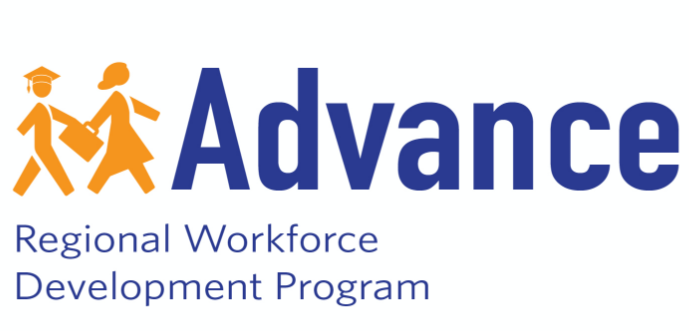ADVANCE Program Participates in the CIES World Education Conference
May 21, 2019
How do we make education sustainable? That was the theme at the 2019 Comparative & International Education Society (CIES) Annual Conference – Education for Sustainability in San Francisco, California. More than three thousand participants from different nationalities, countries, organizations, and universities participated in panel presentations, round table discussions, workshops, and networking events.
The Advance Program participated in two sessions during the conference to highlight lessons learned from the first three years of the Program. The first session was a panel presentation entitled “Mission Impossible! Understanding and Overcoming Barriers to Technical Education in Latin America and the Caribbean.” María Oviedo from the Inter-American Dialogue kicked off the panel with an overview of a study highlighting the challenges with technical and professional education in the Latin American region. Ana Flórez, the Advance US Project Director and Global Education Director at FHI 360, then presented on the results of the Study of Barriers to Access and Completion of technical education in Honduras, Guatemala, and Jamaica, highlighting the situational, dispositional, and institutional barriers that impact students in technical education. Delize Williams, the Principal of the Vocational Training Development Institute (VTDI) in Jamaica, concluded with a case study of how VTDI is taking steps to help students overcome barriers to technical education and how the institution is working to improve curriculum, teacher professional development, labor bridging support, recruitment and admissions processes, and scholarships to better support student success.
The Advance Program also participated in a second panel sessions, organized by USAID and Mathematica Policy Research. The panel, entitled “Approaches to Strengthening Local Workforce Development Organizations for Youth: Lessons Learned,” featured presentations by multiple implementing organizations working to strengthen workforce development in the Latin American region, including FHI 360, DAI, Banyan Global, and EDC, along with a related presentation on a youth program in the Philippines. The Advance Program’s Regional Program Director, Alejandro Paredes, presented on improving technical education programs in Guatemala, Honduras and Jamaica as a supply-side approach for workforce development. Dr Paredes highlighted the Advance work in applying the Triple Helix Model, in which academia, private sector and the government work together to strengthen education programs for local economic development. Through this approach, the Advance Program is strengthening 9 institutions and 21 degree programs across three countries, along with hundreds of faculty and staff, with the goal of establishing a solid and sustainable model that extends beyond the scope and period of the Program.
As Advance continues implementation, the project team will build upon best practices and learning gained from the CIES conference to continue putting the conference theme of “Education for Sustainability” into practice.
